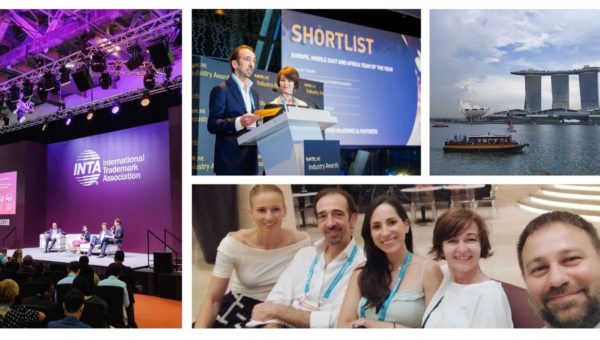EU Design Reform – Key Highlights of Phase 1 Effective From 1 May 2025
On 18 November 2024, the long-anticipated EU legislative reform package on designs was officially published in the Official Journal of the European Union. This package comprises: The Amending Regulation came into force on 8 December […]





